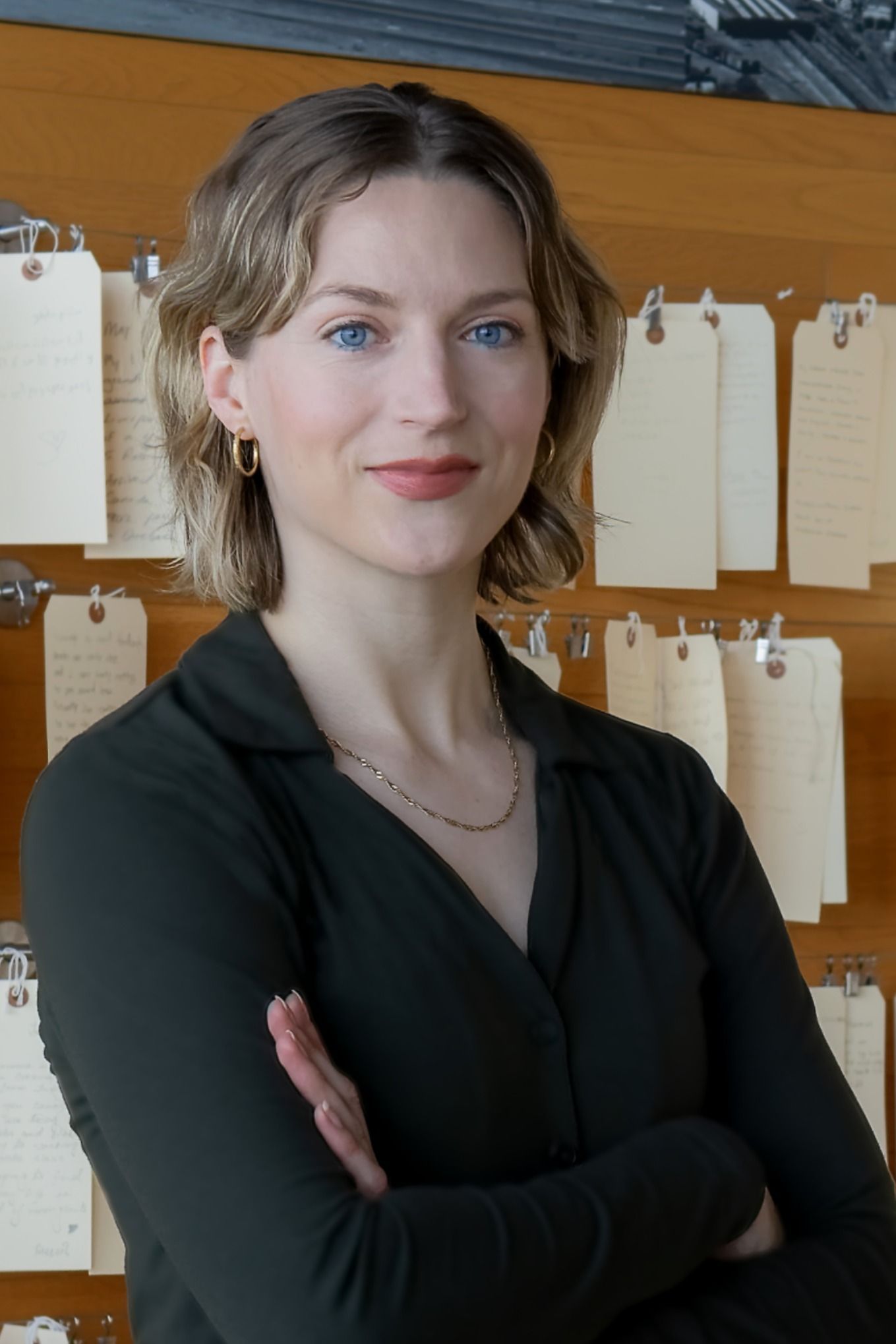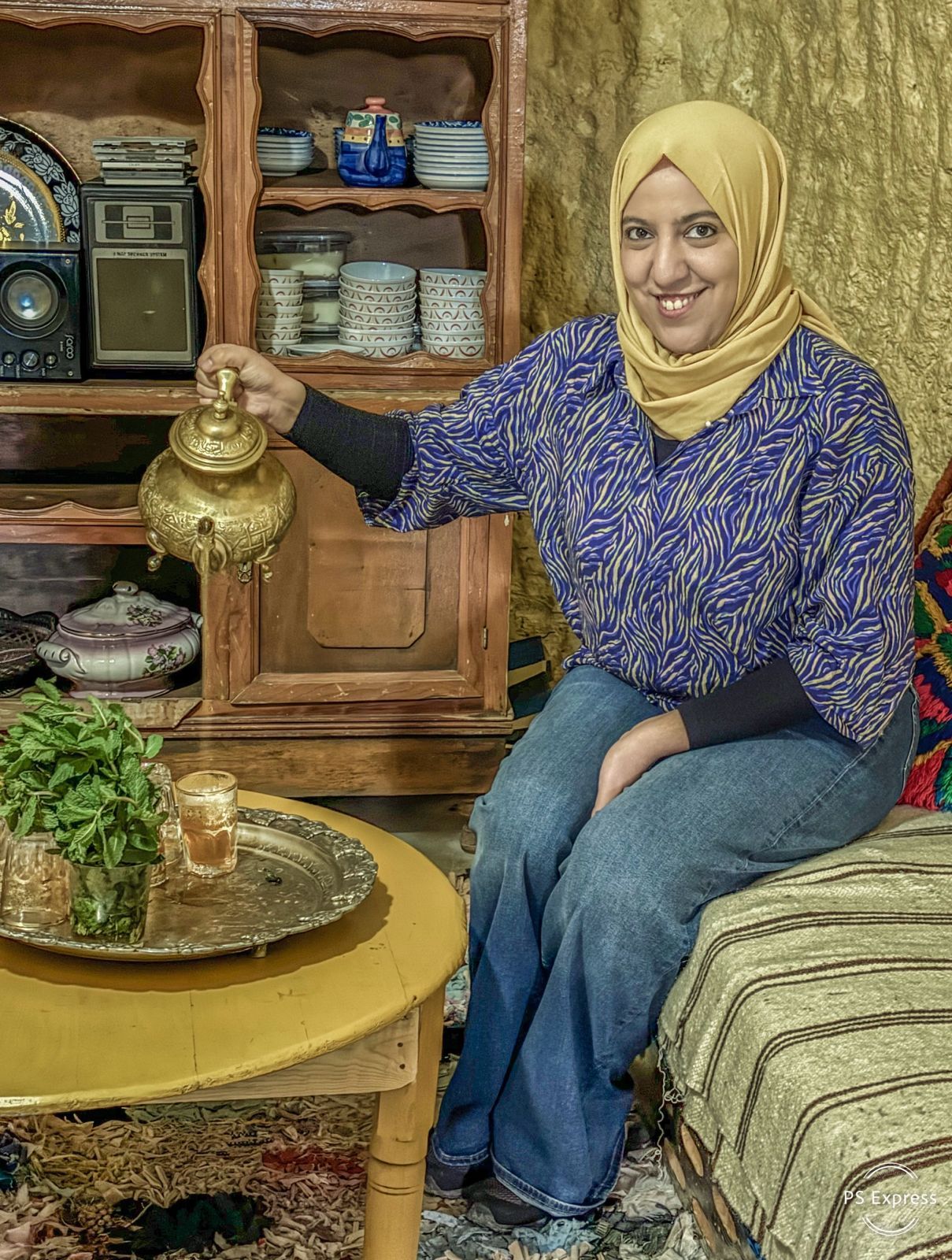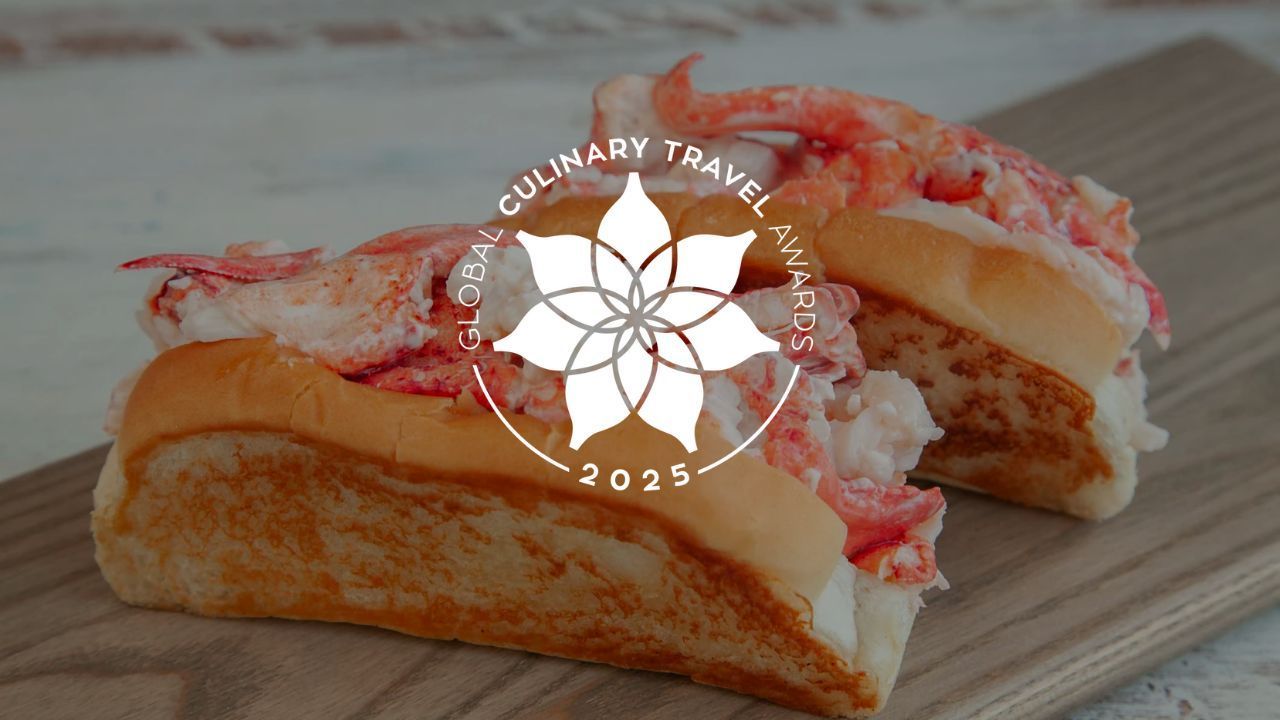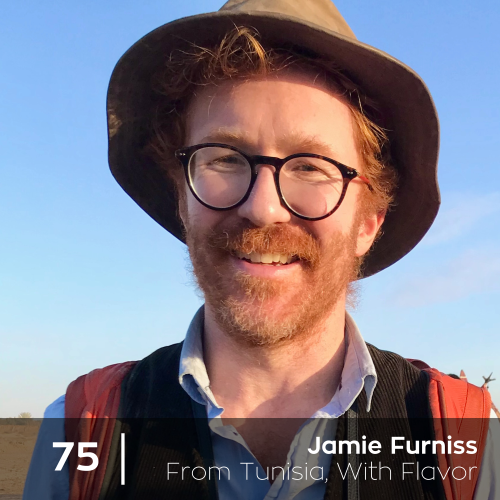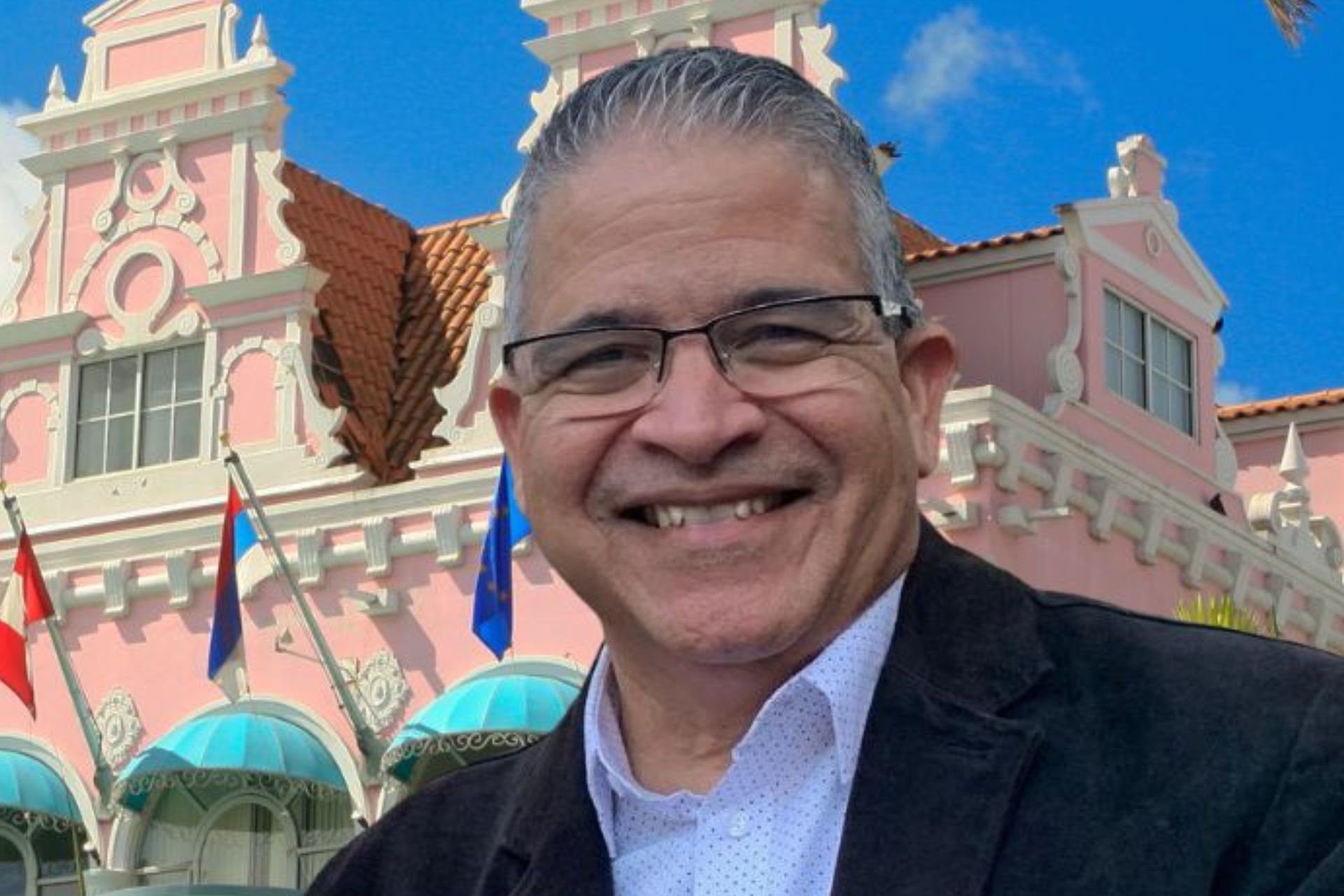The Scale of Taste

Taste is easy. Let’s do like Heston Blumenthal – take whatever food you have nearby, close your nostrils, and simply eat it! Totally a different experience, right? And maybe even a bit unpleasant too.
I performed the same experiment at home. I was alone and felt the need for that comforting touch that only a piece of chocolate can give! However, spending too much time alone does not help anxious thinkers like me. I would have a tendency to transform that piece of chocolate into a bittersweet symphony, and not only from the simple taste perspective. While chewing and letting it melt into my mouth, I wondered if we have placed too much emphasis on taste lately, and if we are aware of what taste really is.
It is not so easy anymore to talk about taste. The real hardship comes when we try to single out a perception that in real life, and I mean the 99.9% of our daily lifetime experiences, are covered by an illusion that originates in our brain (see Charles Spence’s Ted Talk. It is not only that we differentiate as non-tasters or super-tasters depending on how many taste buds we have on our tongue (1) , but also it depends when cooking becomes: ” … a language through which that society unconsciously reveals its structure” (2). As we might understand, the range of topics from which we can tackle the knowledge of taste are nearly infinite. I want at least to try to highlight some features over the cultural side of taste and some scientific approaches to it.
For instance, one part of the gastronomy revolution over the past 20 years relates to the integration of neuroscience studies on how our sensory perceptions system works while eating. The collaboration between important chefs with neuroscientists help us to understand how taste changes according to the mood of a person, the atmosphere of the place, and the expectations that we create over a certain ingredient, dish, or even a tasting menu. Moreover, our cultural background affects how we experience the hierarchy of the taste we perceive in our mouths feeling sensations ( see the full Vilgis model ), and the Levi-Strauss’ culinary triangle explains how food can give pleasure, satisfaction, and satiate our appetite according to its level of preparation (cooked or raw) and fermentation, for example. Each culture has different standards, different concepts, and different views on their culinary traditions, making us believe what it is good-to-eat according to the ranges of textures, tastes, and aromas (3).
It is this variety that makes the eating experience sensational. To discover new food cultures gives us that openness to appreciate a completely new world. However, I believe that we tend to use our sensory systems as a source of preconceived knowledge, describing a certain ingredient with terms that we already know and many times, confusing taste with flavour and vice versa. The fact is that we tend to mistakenly describe certain foods with specific adjectives that have nothing to do with the actual taste or flavour, and we do not have a word that clarifies the combination of both sensations. In English the neologism Flave has been coined to help describe our culinary endeavors (4).
Part 1 of a two-part article. Come back next week to hear the end of the story.
Written by Massimo Bonmassari. Edited by Erik Wolf.
References:
- Bartoshuk, L. M., Duffy, V. B., Chapo, A. K., Fast, K., Yiee, J. H., Hoffman, H. J., … & Snyder, D. J. (2004). From psychophysics to the clinic: missteps and advances. Food Quality and Preference , 15 (7-8), 617-632.
- Lévi-Strauss, 1978:495 in https://culturemachine.net/vol-17-thermal-objects/cooked-or-fermented/
- Vilgis, T.A. Texture, taste and aroma: multi-scale materials and the gastrophysics of food. Flavour 2, 12 (2013). https://doi.org/10.1186/2044-7248-2-12
- Spence C., Gastrophysics: The New Science of Eating 2017 Penguin
